What you do in the gym plays a vital role in the size and strength of your muscles; if you want to gain muscle mass you need to focus on compound lifts like squats and bench presses, strive to increase your weights, reps or sets week by week and allow your body time to recovery by including rest days in your programme.
However, it’s important to realize that while the work you do is the TRIGGER for muscle growth, if you don’t provide your body with the calories and nutrients it needs, you progress will be severely impeded or even non-existent. In short; your efforts in the gym will be wasted if you don’t eat properly.
To help ensure you get the most from each and every workout, follow these SIX nutritional rules for building muscle…
Get enough protein – protein or, more specifically the amino acids that are derived from protein, are your muscle’s building blocks. If you do not eat enough protein, your body will not have the essential materials it needs for repairing and building your muscles after your workouts. Protein is mainly found in things like meat, fish, eggs and diary as well as soya, nuts and beans although non-animal sourced proteins tend to be inferior in quality.
To build muscle you need approximately one gram of protein per pound of bodyweight so if you weigh 200lbs you need 200 grams. This is ideally split evenly throughout your day in approximately 30 gram servings to ensure your muscles receive a steady supply of amino acids.
If chowing down on a chicken breast six times a day is impractical, it’s worth considering a good protein supplement such as whey protein. Whey protein is easy to digest, can be consumed quickly and easily and means that you don’t have to miss out on essential protein just because you don’t have the opportunity to eat. Get enough calories – gaining muscle requires a calorific surplus. In other words, you need to eat more calories than are normally required to maintain your body weight. Some of these calories should come from protein but the rest should be carbs and healthy fat. Building muscle, both in terms of your workouts and the growth and repair of muscle, requires an abundance of energy; insufficient energy means less muscle growth.
If your weight is currently stable, you are probably in energy balance which means the amount of food you are consuming is equal to the amount of activity you are doing. This has to change! Add around 500 calories a day to your daily food intake and you should start to see noticeable muscle growth. Keep an eye on your waist measurement though and if you think it’s increasing faster than your muscles are growing, reduce your food intake accordingly.
Emphasize post-workout nutrition – exercise leaves your muscles feeling like wrung-out sponges and in this state they are primed for nutrient uptake; nutrients that will fuel muscle growth. This increased nutrient sensitivity is highest in the two or so hours following a hard workout so it pays to eat big during this time.
As soon as your workout is finished, try to consume a carb and protein-rich meal or, even better, a shake to ensure you kick start your recovery. There are commercial recovery shakes available but a couple of bananas and two scoops of protein powder will be similarly effective; add some creatine for even better results.
Within two hours, consume a good-sized meal containing plenty of protein, carbohydrates and healthy fats.
By making the most of these “windows of opportunity” you ensure you maximize your potential for muscle growth and post-workout recovery.
Don’t be fat-phobic – the media has been telling us for years that fat is unhealthy. Sadly, also for years, they have had it wrong! Fat is vital for the production of hormones – especially testosterone. Testosterone is your main anabolic hormone and is directly linked to muscle growth; that’s why some bodybuilders and other athletes use it in the form of steroids.
To maximize testosterone production, you need to include sufficient fat in your diet but there is a caveat; these fats need to be healthy. Margarine, processed vegetable oils and trans fats are not what your body needs whereas olive oil, coconut oil, butter and fish oils are.
And don’t go skipping your egg yolks; egg yolks contain cholesterol which is a type of fat and, contrary to popular belief is not unhealthy but is actually vital for the production of testosterone. The yolks are where all the vitamins are stored too!
Eat for health – in an effort to ingest enough calories, many prospective bodybuilders chow down on junk food. While eating junk food is an easy way to get calories, you need more than just energy to build muscle. Deep fried chicken and chips may well provide an abundance of calories, protein, carbs and fat but provides virtually no vitamins, minerals or fibre – substances essential for your health. For your body to build muscle it needs to be as healthy as possible so make sure that, in addition to plenty of calories, your diet also contains lots of fruit, vegetables and whole grains to ensure you get adequate essential, healthy nutrients.
Don’t forget water – your muscles are made up from approximately 70-percent water and every chemical reaction that happens in your body is also reliant on water. If you are serious about building muscle you cannot allow yourself to become dehydrated. Make sure you drink at least two-litres of water a day – more on the days you train. Water will help keep your joints lubricated, your skin healthy and ensure you function at your best.
Nutrition and training are equally important and you won’t get much in the way of success if you ignore one or the other. Get the most from your workouts by eating properly and remember, if you are training hard but not seeing the results you want, the problem is probably your diet.

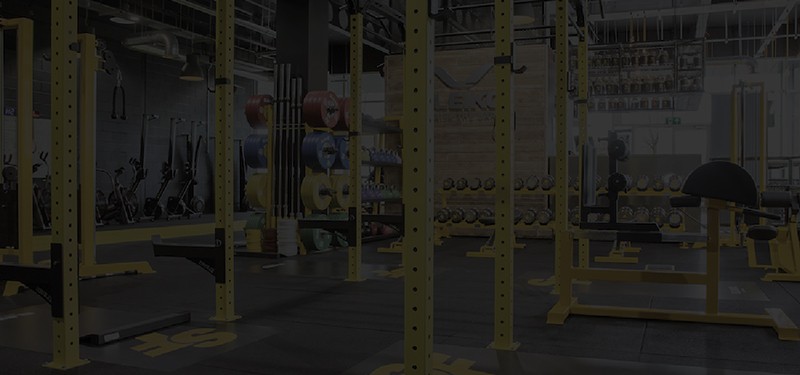
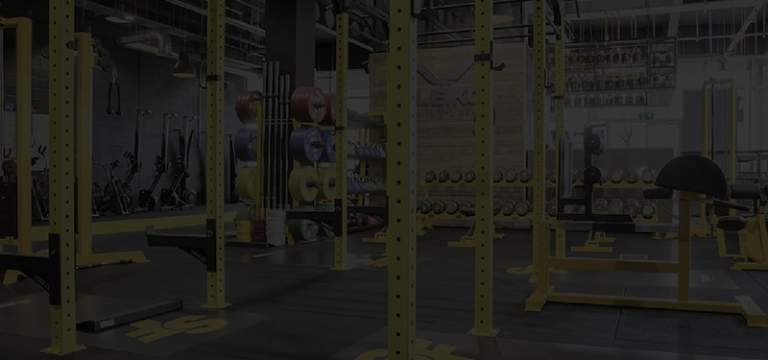
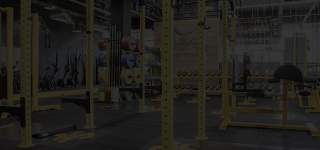
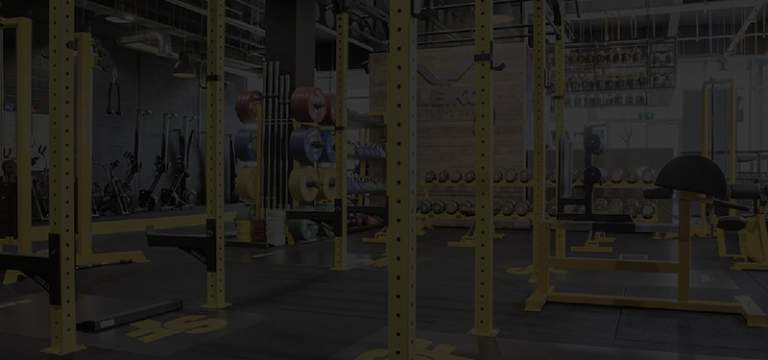
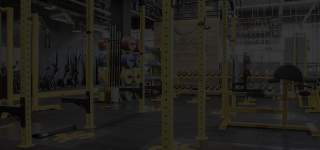
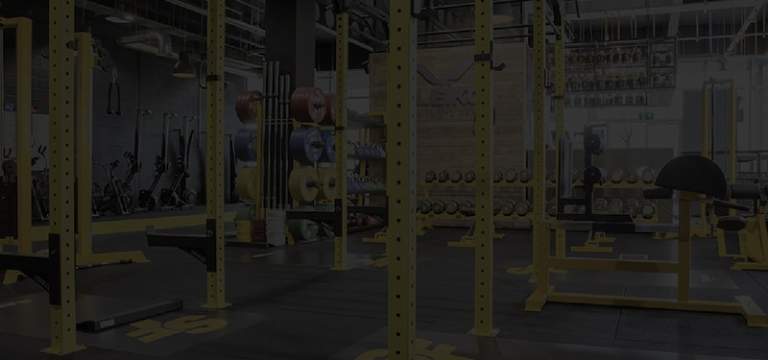
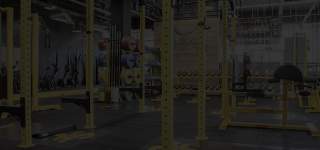


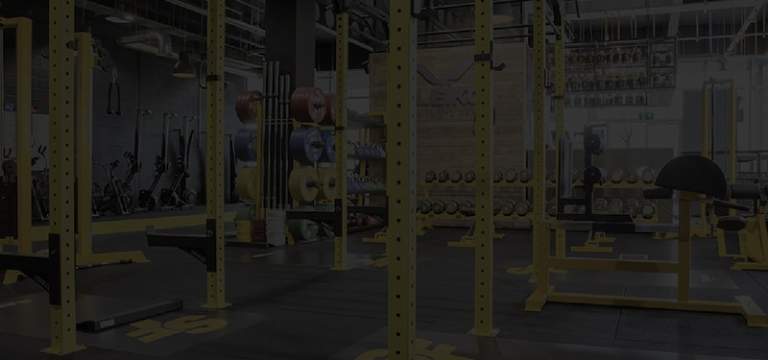
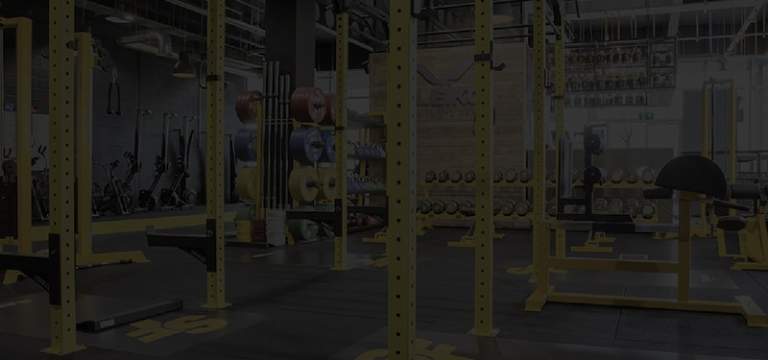
13 Comments
Comments are closed.